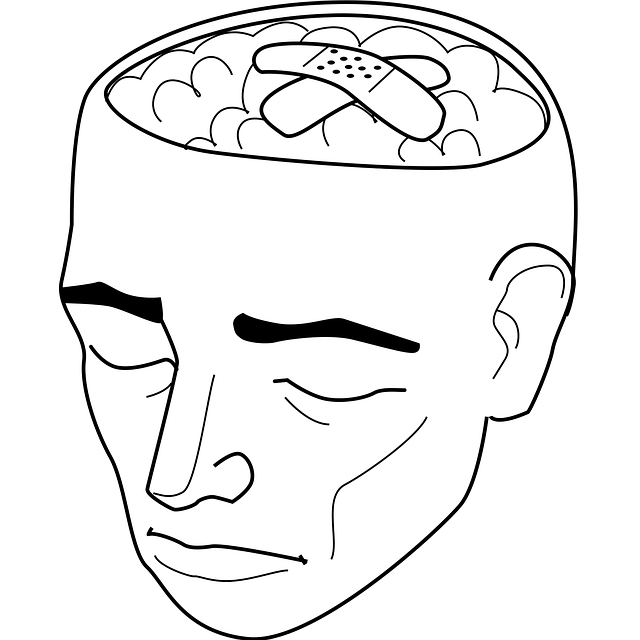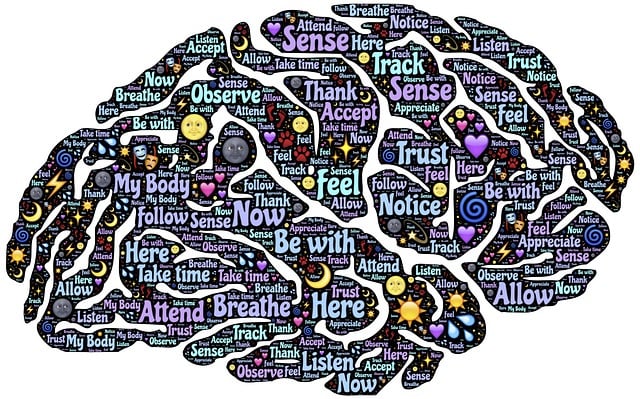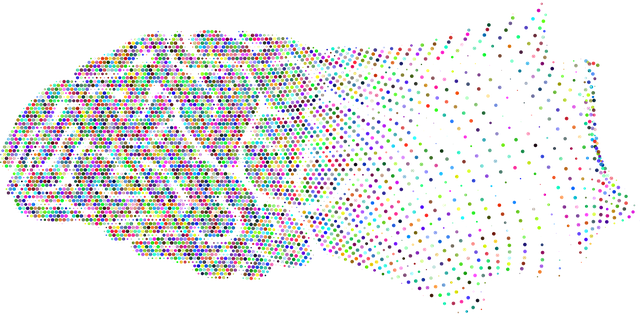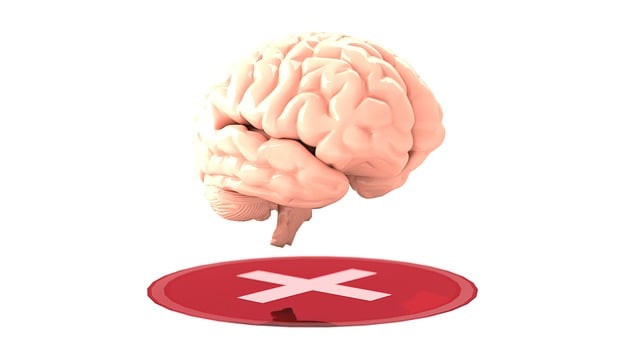Longmont ADD-ADHD Therapy focuses on crisis intervention strategies, combining immediate support with long-term coping mechanisms for managing intense emotions and behaviors linked to ADD/ADHD. By identifying triggers, developing self-efficacy, and promoting emotional healing, this approach stabilizes individuals through evidence-based techniques like mindfulness meditation and cognitive reframing. Effective communication and public awareness campaigns are key to swift intervention, while sustained support and prevention strategies foster resilience and mitigate risk factors.
In the context of Longmont ADD-ADHD Therapy, crisis intervention strategies are vital tools for managing intense emotional or behavioural episodes. This article guides you through essential aspects of crisis support, including understanding the role of intervention in therapy, identifying triggers and early warning signs, and employing evidence-based calming techniques. We explore effective communication strategies to navigate turbulent situations and highlight the importance of post-crisis support and prevention planning in Longmont, ensuring a holistic approach to mental wellness.
- Understanding Crisis Intervention in ADD-ADHD Therapy
- Identifying Triggers and Early Warning Signs
- Evidence-Based Strategies for Calming and Stabilization
- Effective Communication Techniques During a Crisis
- Post-Crisis Support and Prevention Planning in Longmont
Understanding Crisis Intervention in ADD-ADHD Therapy

In the context of Longmont ADD-ADHD Therapy, crisis intervention strategies are critical tools for addressing intense emotional reactions and disruptive behaviors often associated with Attention Deficit Disorder (ADD) or Attention Deficit Hyperactivity Disorder (ADHD). This type of therapy goes beyond traditional treatments by focusing on immediate support and long-term coping mechanisms. The primary goal is to help individuals manage crises effectively, restore calm, and develop strategies to prevent future incidents.
Mind Over Matter principles are at the heart of such interventions, empowering individuals to gain control over their thoughts and emotions during distressing situations. By teaching Mood Management techniques and Coping Skills Development, therapy sessions equip clients with practical tools to navigate challenges. These skills enable them to respond adaptively, rather than react impulsively, fostering a sense of self-efficacy and improved overall well-being.
Identifying Triggers and Early Warning Signs

Identifying triggers and early warning signs is a crucial step in crisis intervention. At Longmont ADD-ADHD Therapy, we recognize that mental health crises can often be preceded by subtle changes in behavior or emotions. By paying close attention to these indicators, individuals and support networks can intervene early, potentially preventing escalation. Self-esteem improvement and emotional healing processes are at the heart of this approach, as recognizing early warning signs allows for timely support and resources to be mobilized.
Mental health awareness is key to identifying these triggers. Changes in mood, increased irritability, sudden disinterest in activities, or significant shifts in sleep patterns might indicate underlying distress. Early recognition enables individuals to seek help before the situation becomes critical. Through education and heightened awareness, communities can foster an environment where support is readily available, promoting better outcomes for those facing mental health crises.
Evidence-Based Strategies for Calming and Stabilization

In the realm of crisis intervention guidance, evidence-based strategies are instrumental in calming and stabilizing individuals. Longmont ADD-ADHD Therapy, for instance, integrates techniques that promote emotional well-being, focusing on both cognitive and behavioral aspects. By employing these methods, professionals can effectively navigate intense situations, helping clients regain a sense of control and perspective.
One such powerful tool is mindfulness meditation, which has been shown to reduce stress and anxiety. Crisis intervention guidance often incorporates this practice to teach individuals how to stay present and manage their emotions during challenging times. Additionally, emotional well-being promotion techniques, such as deep breathing exercises and cognitive reframing, empower people to respond calmly rather than reacting impulsively, fostering a more stable state of mind.
Effective Communication Techniques During a Crisis

During a crisis, effective communication is paramount to ensuring swift and accurate intervention. In scenarios like Longmont ADD-ADHD Therapy, where individuals face challenges managing symptoms or coping with sudden changes, clear and empathetic dialogue can significantly impact outcomes. The approach should involve active listening, where therapists or first responders pay close attention to the person’s verbal and non-verbal cues, allowing for a better understanding of their immediate needs and emotions.
This two-way exchange enables professionals to provide tailored support and coping skills development relevant to the crisis at hand. Moreover, public awareness campaigns can play a pivotal role in educating communities about recognizing signs of mental distress, promoting early intervention, and encouraging individuals to seek help. In light of these efforts, continuous mental health policy analysis and advocacy are necessary to ensure accessible resources and inclusive practices that cater to diverse populations’ needs during crises.
Post-Crisis Support and Prevention Planning in Longmont

After a crisis situation, providing sustained support and implementing prevention strategies are vital steps for recovery in Longmont. For individuals dealing with ADD/ADHD, specialized therapy can play a crucial role in this process. Longmont ADD-ADHD Therapy offers a range of services tailored to enhance self-awareness exercises, promote positive thinking, and foster effective self-care practices. These therapeutic interventions aim to empower individuals to manage stress, improve focus, and develop coping mechanisms for future challenges.
The prevention planning aspect focuses on creating personalized strategies to mitigate risk factors and promote resilience. By integrating Self-Awareness Exercises into daily routines, individuals gain insights into their triggers and emotional patterns. Encouraging Positive Thinking helps in reframing negative thoughts and building a more optimistic outlook. Additionally, teaching Self-Care Practices ensures individuals have tools to manage stress, maintain well-being, and prevent future crises from escalating.
In the realm of Longmont ADD-ADHD therapy, crisis intervention strategies are vital tools for fostering stability and promoting healing. By understanding triggers, identifying early warning signs, and employing evidence-based techniques like calming and stabilization methods, as well as effective communication, professionals can navigate challenging situations with expertise. Post-crisis support and prevention planning further solidify these strategies, ensuring individuals receive comprehensive care tailored to their unique needs in Longmont.














